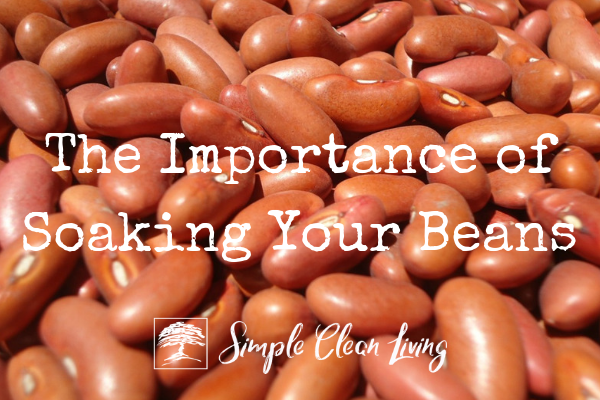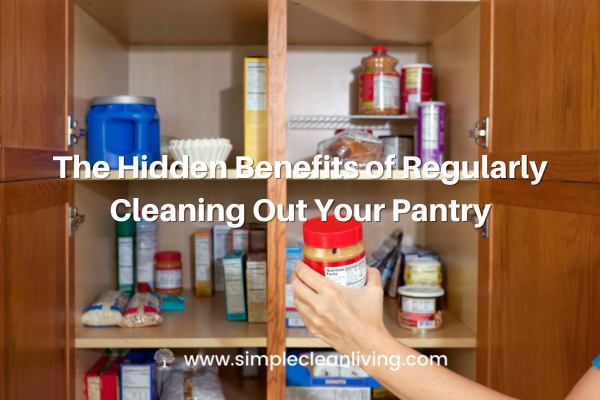Notice: I’m an affiliate for Amazon as well as other companies. Any links in this article may be affiliate links. I always appreciate it if you purchase something using my affiliate links. Doing so helps me to raise a little extra money that pays for the costs of running this site. And it allows me to continue bringing you quality content, all without costing you a thing! Thanks!
Today I am going to share the virtues of the lowly dried bean. These little gems are full of protein and fiber as well as vitamins, minerals, and amino acids. But, as good for you as they are, they also have a reputation as being the “musical” food. This is because they tend to be difficult on digestion, resulting in some not-so-pleasant gas. It’s why soaking beans is important.
So why do beans cause such an uproar in your gut? First of all, beans are a high fiber food, and that alone can cause some excess gas, particularly for those who have a more compromised digestive system. Because of the standard American diet, that is just about everyone these days! Then there is an even more troublesome compound found in beans called oligosaccharide. Oligosaccharide is a large molecule of sugar that humans can’t digest. We simply do not naturally produce the enzymes that break down this sugar. So once the oligosaccharide reaches the intestinal tract, it must be broken down by the bacteria that reside there. It is during this process that gas is produced.
But there is another compound found in beans that is even more troublesome than the oligosaccharides….phytic acid. Phytic acid actually prohibits the production of digestive enzymes that we need to digest our food. Of course, this can lead to digestive problems, such as gas, bloating, and even reflux. But phytic acid also is known to attach itself to minerals such as calcium, magnesium, zinc, and iron, making them unavailable to the body.
Obviously, the consumption of large amounts of phytic acid can contribute to mineral deficiencies as well as an unhealthy digestive system!
Preparing beans properly
The good news is that by preparing beans properly, you can significantly reduce the amount of phytic acid that you consume. It makes them far easier to digest, increases the number of nutrients that are available to your body…and virtually gets rid of the little gas problem!
So why not just used canned beans and call it good? Well, unfortunately, the canned variety has not been properly soaked to reduce phytic acid levels. Companies who are creating canned goods are also lining those cans with BPA, which has been found to affect hormone levels and can cause cancer. Because of the problem with BPA, some companies have been working to create a “safe” substitute called BPS. BPS has been used as a replacement because it does not leak out of plastic at the same rates as BPA. But unfortunately, it takes only minuscule amounts to have an effect on hormone levels and cause health problems. So the “safe” substitute is being found to be not so safe after all.
So it is far better…not to mention cheaper to pass on the canned beans and use bagged, dry beans instead.
Soaking beans
Soaking beans is a very simple process…it just requires a little advanced preparation when you need to use beans for a recipe.
This gives you instructions on how to effectively soak and your beans.
I love to do marathon bean soaking and cooking. Then, after they are cooked and cooled, I bag them up and freeze them for recipes! 1 1/2 cups of cooked beans equals one can!
Interested in a recipe for cooking black beans? Try my recipe!




